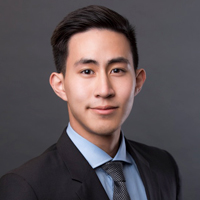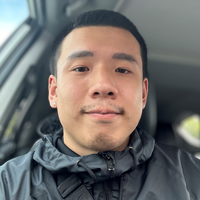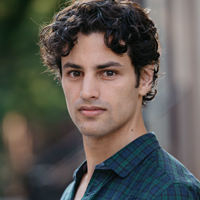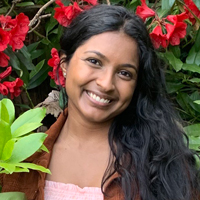As the largest state in New England and the most sparsely populated state on the East Coast, Maine has a population that is unique, hardy, and accustomed to the long winters and so-called “Northern Attitude” for which the region is known. Mainers also face many of the same health issues as the rest of the U.S. – some of which are pervasive and even lethal.
To explore health discrepancies in Maine, a group of four Master of Science in Information Management students at the University of Washington Information School set a goal for their 2023-2024 academic year: a Capstone project that, when completed, would showcase an interactive visualization of Maine’s health data to better understand the gaps.

Online MSIM students Michael Ly, Vincent Kao, Nikhil Navkal and Divya Rajasekhar worked closely with project sponsor Sudhakar Kaushik of Jeeva Health to accomplish their shared goals.
Jeff Barland instructed the students as they worked on their Capstone project over three academic quarters. The online students navigated a change in project scope as well as life changes, including welcoming new members of their families. They collaborated with their team members and project sponsor in different time zones.
“The way that they worked as a team to meet these challenges, and these changes, was impressive,” Barland said.

“They all put in significant effort. They really managed well together. They functioned as a cohort. And what they delivered was very professional. I was really impressed with their final product,” he said.
The MSIM students studied Maine’s health data to better understand how the state’s resources might be used to address health issues such as substance use disorder and mental health crises, and to learn how these findings could begin to be applied to the rest of the country.
“The primary data sources were from government organizations,” said Kao, a second-year MSIM student. “Official reports, United States-wide statistics that are shared commonly across most of the organizations. The secondary sources were definitely a little bit of a challenge for the team, where we started to drill down into some county-specific data.”

Acknowledging that privacy is an important aspect of health data, Kao said, the team was still able to find data they could use to highlight local disparities and key issues.
“We drilled into some of the specific issues, for example, the opioid crisis. We were able to find specific data sources that address that community problem,” Kao said.
“We also looked at changes in the number of mental health providers in Maine,” said Ly. The team had to organize data from different types of reports with different formats and metrics, and make the data directly comparable.

The Power BI visualization tool the graduate student team created allows for the ability to filter by county, to see the data mapped onto the state to note geographic patterns, and to compare for each metric between state and national data for the same time period. The dashboard’s three sections allow users to compare other socioeconomic factors as well.
The data from Maine was also useful for honing in on urban-rural comparisons, said Navkal, who was a professional opera singer before launching his technical career.
The team learned more about the practices and privacy rules particular to health data as part of the project.
Rajasekhar, a second-year student, said she was surprised by some of the findings, such as the fact that in 2021 Maine had a higher rate of hospitalizations due to substance use (per 100,000 people) than in the United States on average. The statistic is in contrast, she said, to the maple trees and relative safety people might picture when they think of Maine.
“It was interesting to dive deep into a place that I hadn’t been familiar with, and realize that every place has its own trends, its own statistics that need to be investigated, so that we can reach for resolution,” Rajasekhar said. The team hopes the dashboard will be a launchpad for research into other regions’ health data and that it will make a positive impact.
“It’s nice that we were able to work with a company like Jeeva Health that actually wants to make a difference in communities like this going forward,” she said.